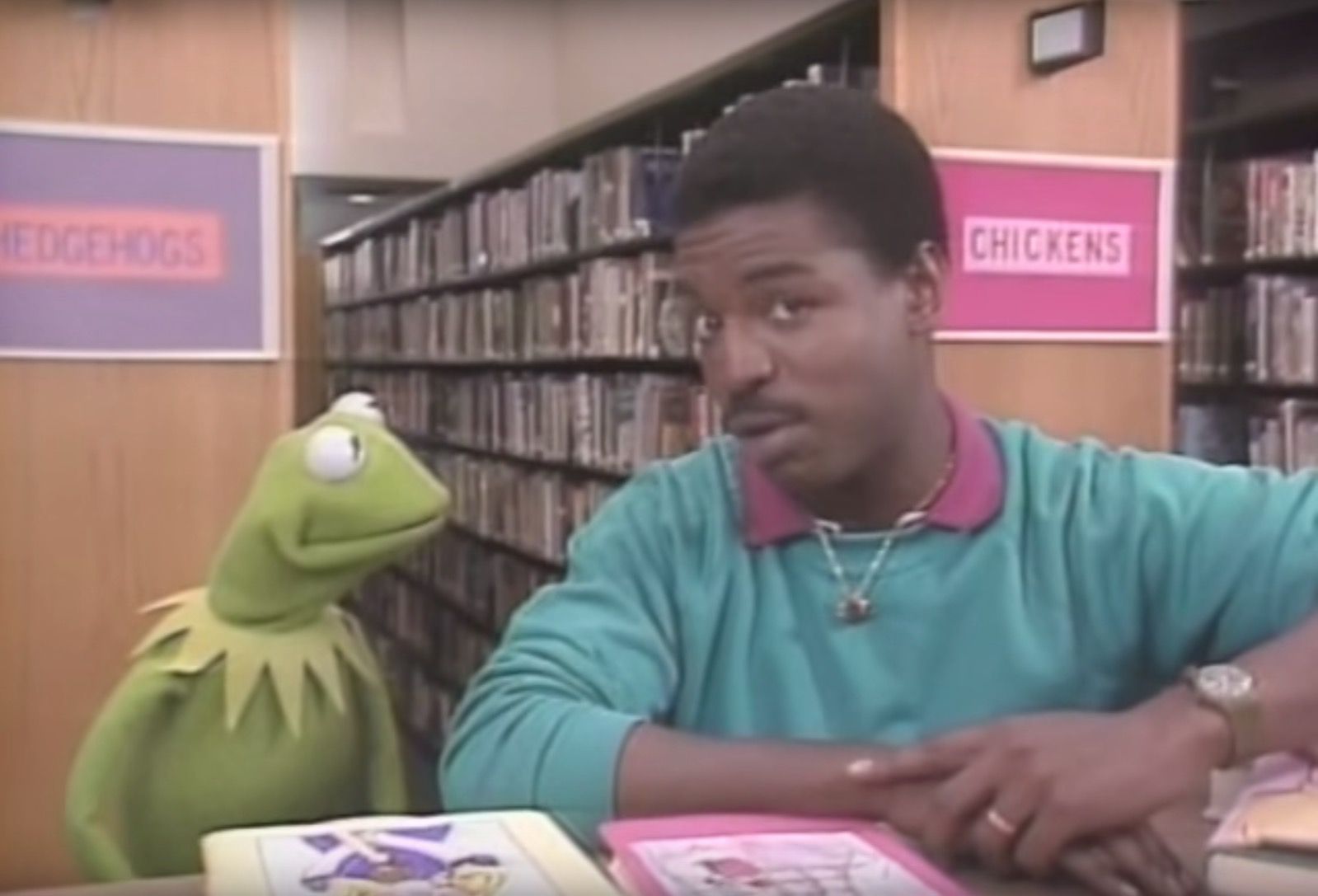A Reader’s Guide To Breaking Up With Amazon

Despite a big chunk of Amazon‘s profit coming from web hosting (even for war departments) and the Prime subscription, the books sector is Amazon’s first big investment. Since its founding, Amazon has appeared to sell books and operate bookish-related things at a loss to dominate the market. While the competition initially forced book spaces small and large to adapt, it has not been an even playing field for over a decade.
This includes selling physical books (Marketplace), ebooks (Kindle-unlimited & Kindle Direct Publishing), audiobooks (Audible), and reviewing/tracking one’s reading (Goodreads)—which is being integrated into the main Amazon site. Amazon feels unavoidable even if you don’t have Alexa, Roomba, Fire Stick, or Ring completely connected in your home. However, it’s kind of possible, and that’s coming from a person that in 2011 was (regrettably) marketing the ease of total Amazon integration to older people in my life.
I have to say kind of, because even if you don’t buy directly from Amazon, they still hold significant sway over publishers, especially indie authors. This is because Amazon is many of their biggest (if not only) distributors. Still, there are other options. From physical books to book trackers, here’s a reader’s guide to breaking up with Amazon.
Six best alternatives to Amazon for physical books

The top-tier best alternative is checking out books at your local library. If they don’t have the book you are looking for, see if they have an interlibrary loan program. These programs allow patrons to borrow books from connected libraries that can include schools, universities, etc., even if they aren’t official branches of the library. It might take an extra week or so to get a copy because they’ll have a process to move it between neighborhoods or larger regions like counties. Still no book? Simply find out how to request they purchase it and leave notes if possible. I requested two books at my library the last year, and in one case, they bought an ebook and a physical copy for the shelves!
New books
If you must buy them, be it for yourself or someone else, there are still plenty of options! See if you have an independent bookseller near you. Many offer shipping if you’re not super close, but the best experience is going in if possible. They’ll also host events and author talks. There are a lot of regional chains that I personally still consider indie, like Powell’s, Books-a-Million, Bookmans, and more. Many Half Price Books will have a small selection of new books, they’re just not half-priced.
Even before I joined The Mary Sue, my default online bookshop had been Bookshop! We use affiliate links across the site when talking about books, but also, many independent bookshops will have their account linked, so they get a kickback when you purchase from the site. Bookshop’s 2021 Annual Report revealed of the gross profit, the company received less than 16%, with most going to indie shops. The ‘about us’ pages clarifies how this is possible:
Certified as a B Corp, Bookshop.org puts this mission and the public good above financial interests, giving over 80% of our profit margin to independent bookstores. In 2022, B-Labs announced we were “best for the world”: in the top 5% of all B-Corps.
B Corps doesn’t equal good company (for example, Nespresso is a B Corp…), but Bookshop has proved to be the best large-scale alternative other than buying directly from indie bookshops.
Despite its bi-yearly controversies, Barnes & Noble is still kicking and worth browsing because it’s one of the most accessible places for indie authors (more online) than any other place besides Amazon. The absolute last option for many reasons (including selection size) is the very accessible big box stores like Walmart, Target, etc.
Used books
Amazon’s used textbooks helped me survive undergrad, however, now I have plenty of options because I’m making my reading list. Indiebound’s indie bookstore finder can help you find something local. There are also larger chains like Powell’s and Half Price Books. Your local library might have a used bookstore run by the Friends of the Library or another affiliated source. If you want to buy them from individual sellers, PangoBooks and eBay are great options.
Don’t count out garage sales, antique shops, estate sales, and more places that aren’t known for books but still have them. Anything but Amazon and Goodwill. Goodwill has been allegedly exploitative for years, the last two have been especially tumultuous as they launched an online store with much controversy, and people on TikTok have found things marked above retail price new and literal trash with stickers on it. Unless you need a copy of one of five old bestselling books or a Bible, skip this one.
Kindle alternatives: three best e-readers
For its many, many flaws, Amazon did democratize the e-readers because they all but give them away with how cheap they are now and how often they go on sale—but there are still other options! If you already have a working Kindle, I don’t think I need to say this, but please don’t throw it away. That’s unnecessary e-waste, so continue to use the device. GoodGoodGood recommends using DRM-Free e-books and library apps on your Kindle.
For those that don’t own a Kindle, you need to weigh things like price, weight, accessibility of replacing the charger (especially if you travel), battery life, and memory. The three main brands to look at are Kobo’s (an anagram for ‘book’), Barnes & Noble’s (Nook), and Boox. Each brand has several models, and they all have paper-like quality. While Nook and Boox use Android as the operating system, Kobo runs on Linux.
If you don’t want to buy another device but have a tablet or large phone screen, try reading ebooks on Libby, Hoopla, Epic, Axis-360, etc. These apps (in addition to the divide) allow visual adjustments like font size, font type, backlight color, etc. Library ebook/audio readers may notice I didn’t mention Overdrive. Overdrive owns Libby, and 2023 will mark the complete phase-out of the Overdrive app. Speaking of phase-out, this is about Amazon alternatives, but another reason to be involved in your library is to prevent censorship through these apps.
Four best audiobook apps

I’m not getting off my soapbox, try the library first! The same apps (Libby, Hoopla, etc.) mentioned above for ebooks have large catalogs of audiobooks. If you’re searching for a classic and want it on demand, try LibriVox. LibriVox isn’t an app, however, many of the books are on their YouTube channel, and there’s a YouTube App. If you have YouTube Premium, you can have your screen off and download the videos to watch them on the go. It’s an extra step to streamline access to legal and free books.
The Bookshop equivalent in the audiobook world is Libro.fm because, like Bookshop, they give a portion of each sale or monthly subscription to indie booksellers. There are tons of sales, and they have a wide selection (including curated lists), however, if you’re moving from Audible, then the best option is their subscription which is just five cents more than Audible. Other alternatives include Scribd (membership to access a large library) and Chirp (buy each book). If you already have Spotify—in addition to bookish podcasts, there’s a sizable number of books on the platform. Spotify’s collection is mostly classics and novels in the public domain, but they’re expanding and featuring some celebrity exclusives.
Still, have a disc player on a device or vehicle and find yourself reading books that are at least ten years old? Then, look into non-digital audiobooks! There are books on tape, CDs, etc., in used bookstores (and other places I previously mentioned in that section). My libraries’ Friends group selling used books ran a special of five books on CD for $1 because they were unloading their stock.
Four best book-tracking apps

Amazon bought Goodreads a decade ago for $150 million as of March 2013, and it still looks like it. The app was just a part of the rapid expansion and is undersupported, making it really just feel like a vehicle for moving readers unto Amazon. My alternative to it is Storygraph—so much that I bought the premium version as an Early Bird. Like Bookshop and others mentioned, this was created in the last few years in direct opposition to Amazon. Other apps include Basmo, Bookly, and BookSloth. While they all track reading, each has its strengths and weakness because they of how they prioritize the other features. All of these are free, but some have paid subscriptions (about $5 a month tops) for more features.
For those that want to become more versed in Microsoft Excel or Google Sheets, there are also a lot of templates and guides online to track your reading on there. Most are free, but there are also nice ones for a one-time purchase of three dollars. I’ve been tracking my reading on Sheets since 2019 because back when I used Goodreads, I wanted more info on what I was picking up. It really helps me reflect on my trends and make goals each year. Using a spreadsheet app is one of the most private methods while still being connected to the web.
The community
If you’re looking to replicate the community aspect of Goodreads (a.k.a. the comments) then seek out groups on Reddit, Discord, and Facebook. Twitter and TikTok are okay for book discussions, but things quickly bleed into non-book-related content. Joining an online or local book club is also great. I started one at my library and am also a part of a different one online. If you don’t know where to start, I recommend checking these as I’m sort of too very active in each of these and can personally recommend them to any TMS reader:
- Joulezy’s Smart Brown Girl Book Club
- Jananie’s (a.k.a. This Story Ain’t Over) Reading in Colour Book Club
- Ashley & Loc’D Booktician‘s Realm of Comics’ Book Club
(featured image: PBS)
—The Mary Sue has a strict comment policy that forbids, but is not limited to, personal insults toward anyone, hate speech, and trolling.—
Have a tip we should know? [email protected]
